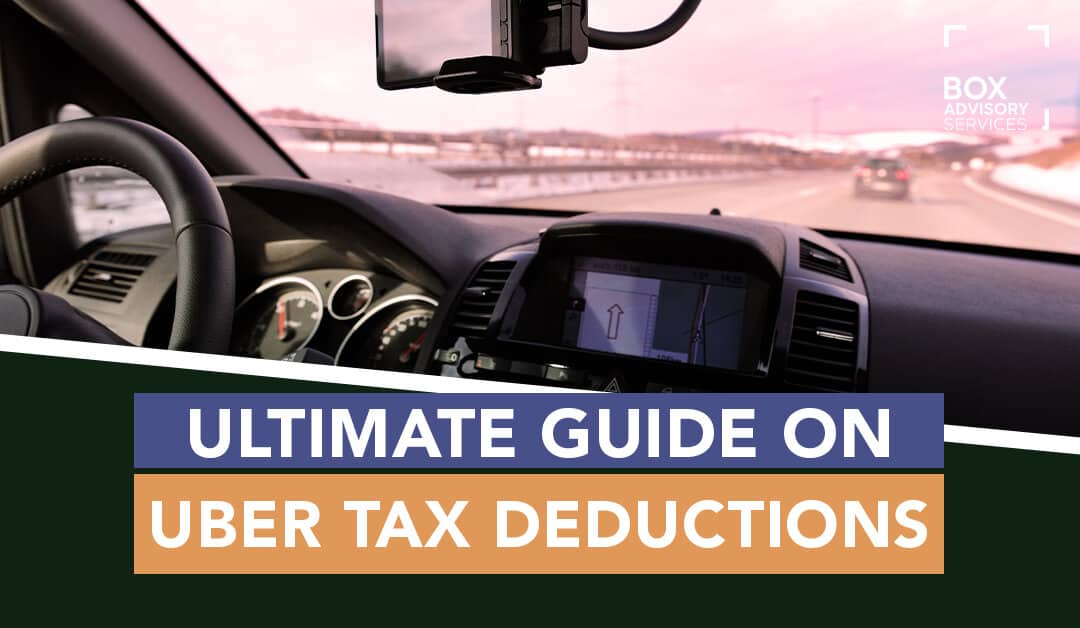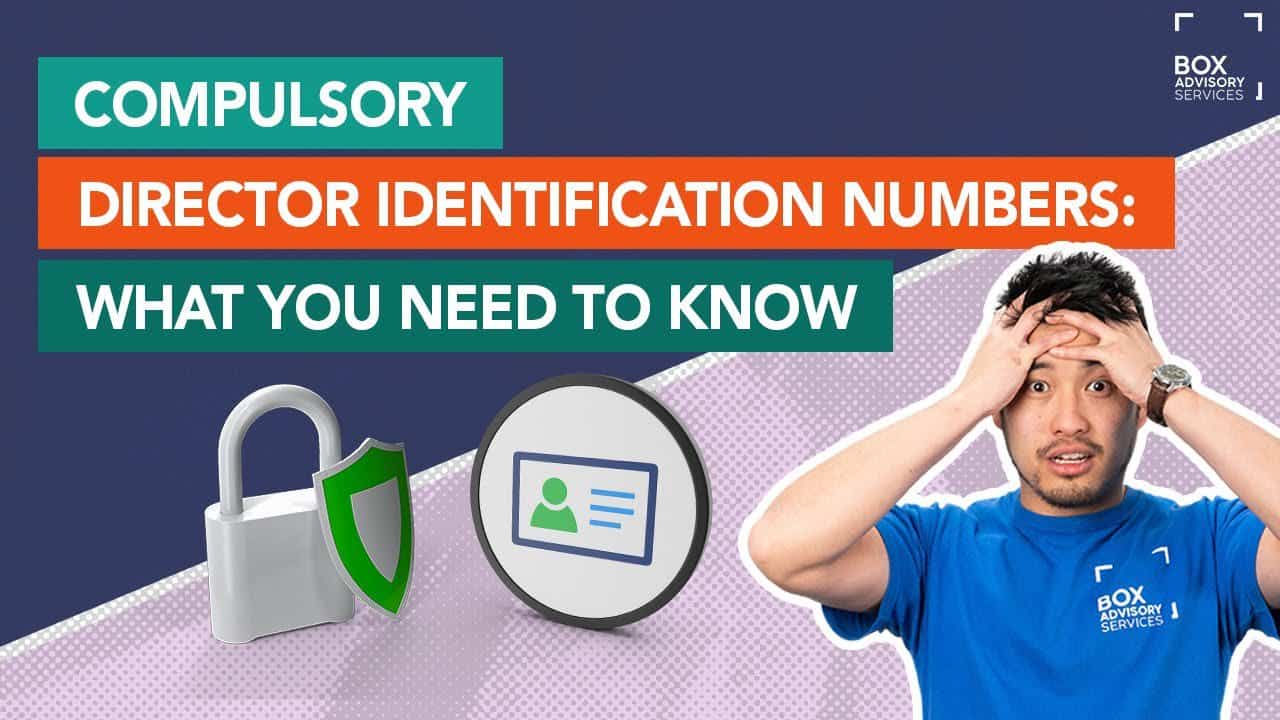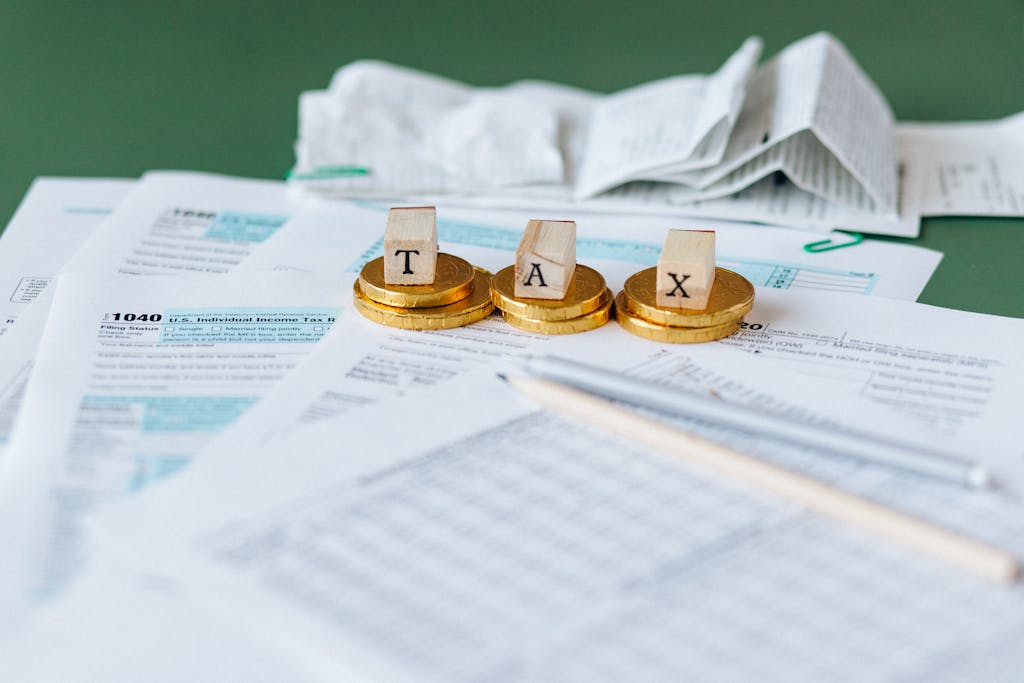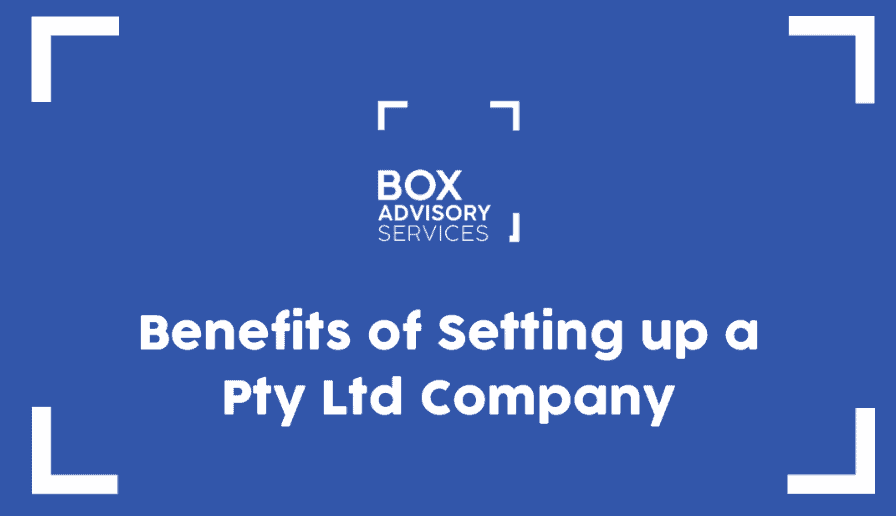
BY
|
The Ultimate Guide on Uber Tax Deductions
Did you know that as an Uber driver, you’re considered an independent contractor?
This means that you’re entirely responsible for fulfilling your own tax obligations each year. The income you earn as an Uber driver is assessable income and must be reported in your annual tax return.
What’s more, the Australian Tax Office (ATO) requires all Uber drivers to register for Goods and Services Tax (GST).
But, there is some good news – you’re able to claim various Uber tax deductions!
We’ve put together this ultimate guide to help you navigate the GST rules and claim Uber tax deductions.
Registering For Goods and Services Tax (GST)
The ATO regards ride-sourcing services such as Uber as a taxi service.
Generally, small businesses only need to register for GST once they start earning $75,000 in income each year. However, this threshold doesn’t apply to a business providing taxi services.
As an Uber driver, you’ll need to submit the GST portion of your Uber fares to the ATO in addition to the tax you pay for the income you earn as a driver.
So, if you’re thinking of becoming an Uber driver, you’ll need to do the following as soon as you’ve registered with Uber:
- register with for GST – you can register through a registered tax agent such as Box Advisory Services; and
- lodge a quarterly business activity statement – once you’ve registered for an Australian business number (ABN) and GST, the ATO requires you to lodge a BAS once a quarter rather than once a year
The ATO requires an Uber driver to pay 1/11th of the gross fares. This means that the GST must be calculated on the full fare, not on the amount you receive after deducting any fees or commission.
Example:
Lyle, an Uber driver in Sydney, was booked to take someone from Sydney Airport to Cronulla. The total cost of the Uber was $55.
Therefore Lyle has to pay 1/11th of the fee to the ATO as GST:
$55 x 1/11th = $5
You can claim GST credits to offset your GST bill, similar to claiming tax deductions. For amounts that you pay forward to Uber (such as the booking fees, for example), you can claim the GST back as an expense.
So, once you’ve calculated GST on your income, you’ll reduce the total amount by claiming back the GST credits on your expenses.
Uber fees you can claim GST credits for include:
- Uber service fees;
- Booking fees;
- Split fare fees; and
- Airport fees
What Uber Tax Deductions Can You Claim?
Uber tax deductions can assist with increasing your tax refund, so you’ll want to consider all the expenses you’re eligible to claim.
Generally, you can claim an Uber tax deduction for most of the expenses you incur in running your Uber service, provided that it directly relates to earning your income.
In other words, you can claim the business portion of your expenses. For example, you can claim an Uber tax deduction for the fuel you use to make your trips, but you can’t claim an uber tax deduction for the fuel you use to go grocery shopping because it doesn’t directly relate to earning your income.
So, to claim uber tax deductions, you must keep a record of all your expenses. Maintaining all your proof of purchase documentation is vital in supporting your uber tax deductions claims.
With that being said, here are some of the typical uber tax deductions you can claim:
- 100% of the following expenses can be claimed as Uber tax deductions:
- Costs of becoming an Uber driver: you can claim the costs incurred as part of the application process to become an Uber driver such as application fees, medical checks and police checks
- Uber fees: as an Uber driver, you’re required to pay a portion of the fare to Uber which is essentially their commission. Luckily the service fees are a claimable Uber tax deduction
- Rider amenities: to make the drive comfortable for passengers, most Uber drivers, offer various amenities such as water, tissues and mints
- Tolls: you can claim tolls while on trips and tolls in between trips
- Parking expenses can be claimed if you keep receipts and add them up, or claim up to $200 a year for your parking charges less than $10 each
- Tax agent or accounting expenses are Uber tax deductions, so you can consult with an expert when submitting your quarterly BAS and annual income tax returns
- Bank fees are only tax-deductible if you have a separate bank account for your Uber income
- Uber tax deductions that can be claimed according to your business use portion of the car:
- Fuel: you can claim the portion of your fuel used while carrying out Uber trips as an uber tax deduction
- Vehicle licensing and registration;
- Cleaning expenses: for specific passenger incidents, you can claim the whole car wash expenses, but any general cleaning costs must have a logbook percentage applied
- Insurance;
- Car maintenance and related expenses such as replacing tyres, servicing the car and any necessary repairs are claimable Uber tax deductions
- Depreciation can be claimed if you own the vehicle; or
- Lease fees can be claimed if you rent the car
- The percentage of your mobile phone bills used for Uber trips can be claimed; as well as
- Subscription fees for music apps such as Spotify or Apple music
- Home office expenses can also be claimed for any Uber work-related expenses
- Computer and equipment costs used for administrative work can be deducted too
How Do You Calculate The Business-Use Portion of Uber Tax Deductions For Your Motor Vehicle?
Two methods can be used to calculate the business-use portion of your uber tax deductions:
- Cents per kilometre:
- This calculation method can only be used if your Uber trip kilometres add up to 5,000km or less
- The ATO allows you to claim 68c per kilometre to cover fuel, depreciation and maintenance expenses etc
- If you use this method, no further claim can be made
- Logbook
- According to the logbook method, your Uber tax deductions claim is calculated based on a logbook that must be kept for at least 12 weeks
- You can claim a percentage of your vehicle running expenses relating to your Uber trips
- The logbook must be updated every five years
Check out our article about buying a car for business purposes to find out more.
Claiming The Instant Asset Write-Off
The ATO affords all Uber drivers the same tax concessions available to small businesses, including the instant asset write-off for capital assets.
Under the instant asset write-off rule, you can claim an Uber tax deduction immediately for the cost of your vehicle’s business-use portion (or any other asset) in the same year that you first used it.
This is a beneficial tax tool for Uber drivers who are buying new or second-hand cars.
The instant asset write-off can be used for various new and second-hand assets, provided that the cost of each asset is less than the relevant threshold.
While the threshold has changed over the years, in response to the effects of COVID-19, the ATO has made some significant changes.
From 6 October 2020 to 30 June 2022:
- businesses with a turnover of up to $5 billion can now immediately claim a depreciation deduction for eligible assets as well as the full cost of improvements to existing assets, and
- the total cost of the asset can be claimed, meaning there is no threshold amount
This means that until 30 June 2022, this limitless instant asset write-off will override all other previous instant asset write-off thresholds.
To find out more about claiming an instant asset write-off and other small business concessions, make sure to check out our 5 simple ways to reduce taxable income for small businesses.
Key Takeaways
In addition to the tax, you pay for the income you earn as a driver, as an Uber driver, you must pay GST on your Uber fares.
However, the ATO offers Uber drivers ways to claim GST credits as well as various tax breaks that you should definitely consider taking advantage of.
While this article intended to help guide you through navigating Uber GST and Uber tax deductions, we highly recommend that you consult an accountant or registered tax agent to ensure that you remain compliant with the rules and are claiming all the deductions you’re eligible to claim.
At Box Advisory Services, our small team of experienced accountants can help you register for GST, claim your GST credits and prepare your tax return.
To find out how we can help you, book in a free consultation with us to assess your situation.





